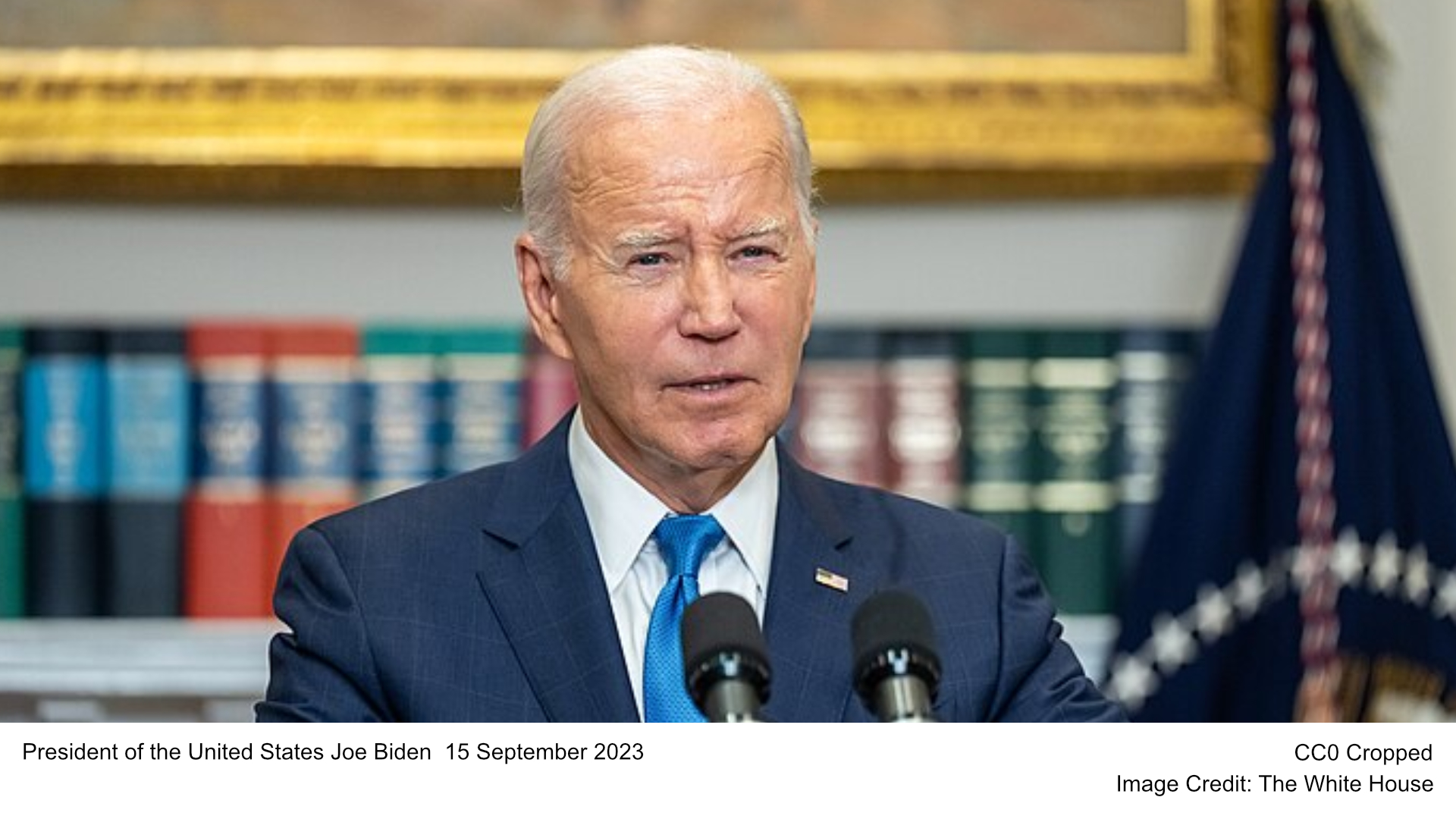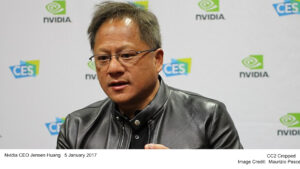Biden’s decision has sparked controversy, with Nippon Steel and US Steel filing a lawsuit to challenge the block. According to Reuters, the companies accuse Biden of interfering with the regulatory review process for political gain. They argue that the president’s actions were aimed at winning favor with trade unions in the crucial swing state of Pennsylvania.
- Underground Shelters: Rising housing costs and homelessness in Las Vegas drive individuals into tunnels for refuge, despite significant risks.
- Severe Health Risks: Tunnel residents face flood hazards, drug-related complications like infections from “tranq,” and limited access to healthcare.
- Outreach Challenges: Efforts by providers like Bryon Johnson focus on delivering medical aid and housing referrals but face resistance due to fear of shelter conditions.
- Broader Crisis: The situation highlights systemic housing shortages and the need for collaborative solutions addressing homelessness and public health.
The White House maintains that foreign ownership of US Steel could endanger essential supply chains. A strong domestic steel industry is considered crucial for sectors like defense and automotive manufacturing. Biden’s administration argues that this move aligns with his commitment to safeguarding national interests.
Nippon Steel and US Steel claim the merger would benefit the US steel industry by enhancing its competitiveness against Chinese producers. They assert that Nippon’s planned $2.7 billion investment in US Steel would secure jobs and boost production capabilities. The companies contend that the deal would not jeopardize national security.
The legal challenge also targets David McCall, president of the United Steelworkers union, and Lourenco Goncalves, CEO of Cleveland-Cliffs. Nippon and US Steel allege that McCall and Goncalves conspired to block the merger to monopolize the domestic steel market.
Japan’s Prime Minister Shigeru Ishiba has expressed concerns about the decision’s impact on US-Japan trade relations. He urged for clarity on the national security concerns cited by the US. Nippon Steel’s blocked acquisition highlights the complexities of foreign investments in strategic industries.
The lawsuit leaves the deal’s outcome uncertain, potentially influencing future US-Japan trade dynamics. As Nippon Steel and US Steel challenge the government’s decision, the case underscores tensions between economic interests and national security priorities.







Be First to Comment